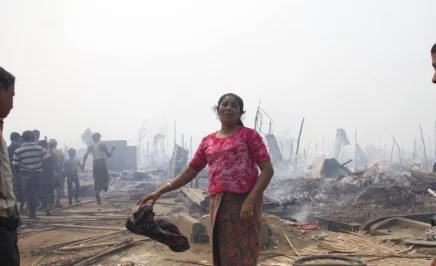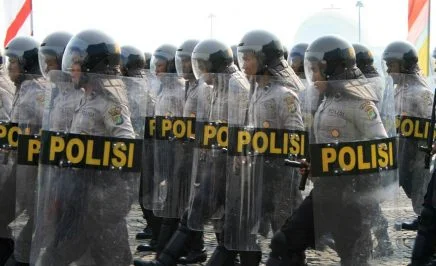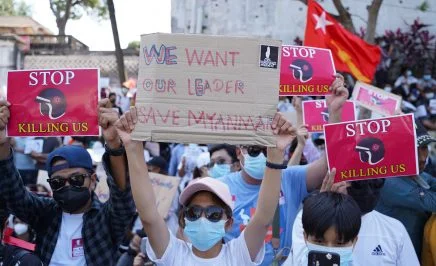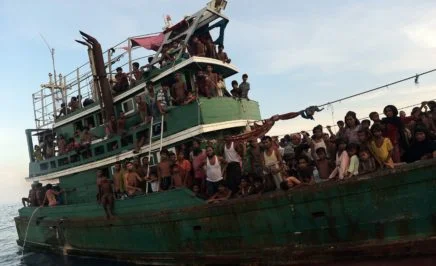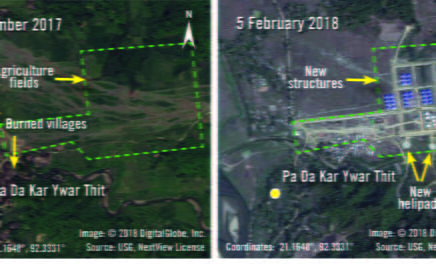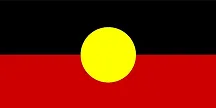Southeast Asian leaders meeting this week in Malaysia must urgently prioritize a coordinated plan to help the thousands of asylum seekers and migrants from Myanmar and Bangladesh who are forced to risk abuse and death at sea.
Looming refugee crisis can’t go ignored
Governments meeting at the Association of Southeast Asian Nations (ASEAN) Summit in Kuala Lumpur from 18-22 November cannot solely focus on economic development while there is a looming refugee crisis and an ongoing clampdown on freedom of expression in the region.
“The global refugee crisis erupted in Southeast Asia in May this year, when thousands of people from Myanmar and Bangladesh were stranded in rickety boats, pushed back from safety on shore, trafficked into forced labour, or killed at sea. ASEAN nations have an important chance at this week’s Summit to agree on urgent action to prevent this tragedy from happening again.” Champa Patel, Amnesty International
“Governments in the region – in particular Indonesia, Malaysia and Thailand – must put in place strong domestic asylum systems, in line with their obligations. Customary international law is clear – people have the right to seek asylum, to have their requests fairly considered and not to be returned to a risk of torture or persecution.
“Those ASEAN member states who have yet not done so should also begin the process of ratifying the 1951 Refugee Convention.”
Freedom of expression
All governments in the region, but especially Malaysia, Thailand, Myanmar, Viet Nam and Indonesia, must respect and protect the right to freedom of expression and repeal or amend laws that violate this right.
In Malaysia, the colonial-era Sedition Act has been used to investigate, charge or imprison hundreds of individuals who have criticized the government or the monarchy. They include opposition politicians, political activists, human rights defenders, academics, journalists, lawyers and others. Political cartoonist Zulkiflee Anwar Ulhaque, also known as “Zunar,” is facing nine charges under the Sedition Act for tweets criticizing the judiciary.
In Thailand, official repression of free speech has dramatically intensified. Prisoners of conscience have been arbitrarily imprisoned, routinely denied bail and tried in often unfair trials in military courts, some without the right to appeal. Authorities are using laws on lèse-majesté (insulting the monarchy) and treason to imprison scores of people for peaceful acts of self-expression.
Persecution of human rights defenders
Human rights defenders continue to face censorship, enforced disappearances and violent attacks. For example, activist Sombath Boongamanong is among those facing military trial, for his criticism of the May 2014 coup.
While historic elections recently took place in Myanmar, there has been an increase in the numbers arrested and imprisoned solely for peaceful dissent during the past year. Weeks before the elections, at least 19 new prisoners of conscience were locked up adding to the scores of people already detained solely for peacefully exercise their rights.
One of them is Phyoe Phyoe Aung, Secretary General of the All Burma Federation of Student Unions (ABFSU) who has been in prison along with scores of other students and protesters since 10 March 2015 after being violently arrested during a student protest against the newly adopted National Education Law.
Activists face regular harrassment
The suppression of peaceful, social and religious activism continues in Viet Nam. Members of activist groups face regular harassment, including surveillance, restrictions on their movement, arbitrary detention, prosecution and imprisonment and physical attacks. Blogger Nguyen Huu Vinh and his colleague Nguyen Thi Minh Thuy remain in pre-trial detention since their arrest in May 2014, in connection with their blogs critical of government policies and officials.
In Indonesia, security forces arbitrarily arrested at least 264 Papuan political activists in May for peaceful protests during President Joko Widodo’s visit to the province. Scores of peaceful pro-independence activists from the Papua and Maluku regions remain imprisoned, some simply for waving a pro-independence flag. Blasphemy laws also continue to be used to repress minority beliefs.
“We continue to call for the immediate and unconditional release of all prisoners of conscience across the region,” said Champa Patel.
“ASEAN leaders must not leave the Kuala Lumpur Summit before there is a commitment to end the ongoing assault on human rights defenders in their countries. These defenders must be allowed to carry out their work without fear of persecution.”

